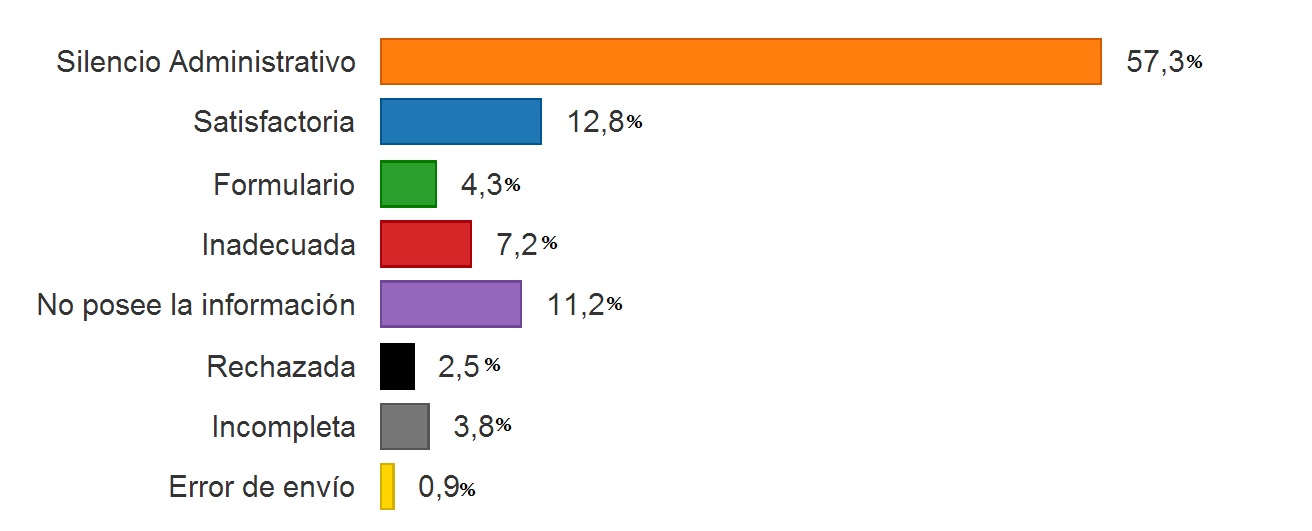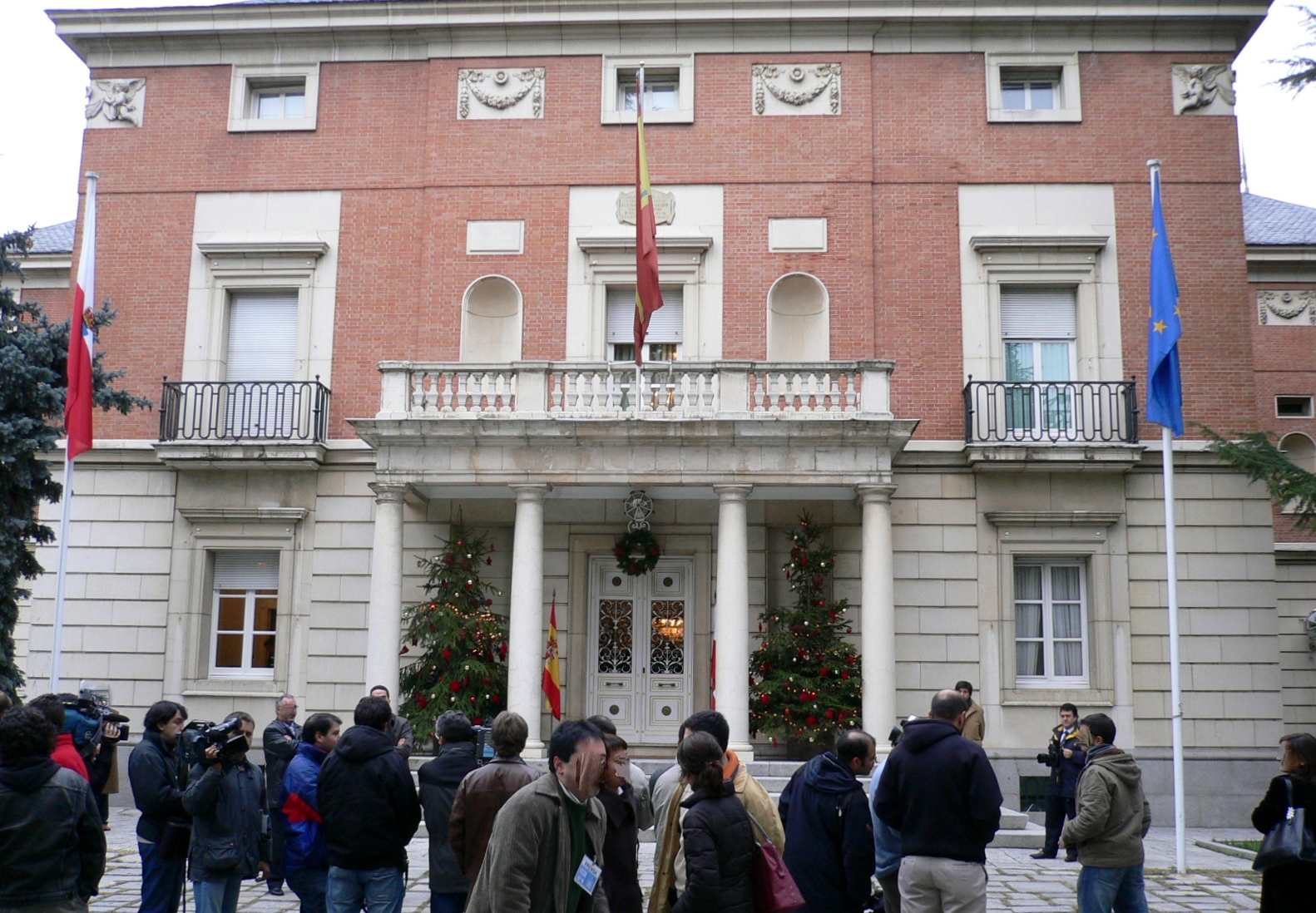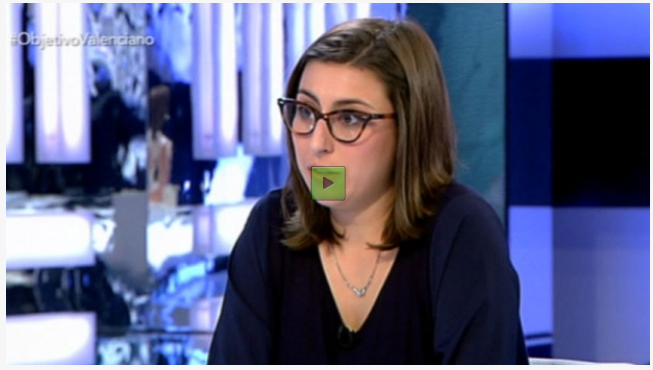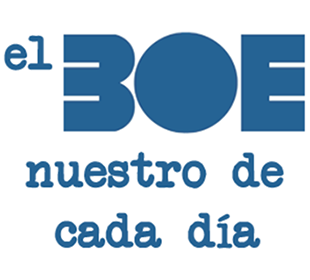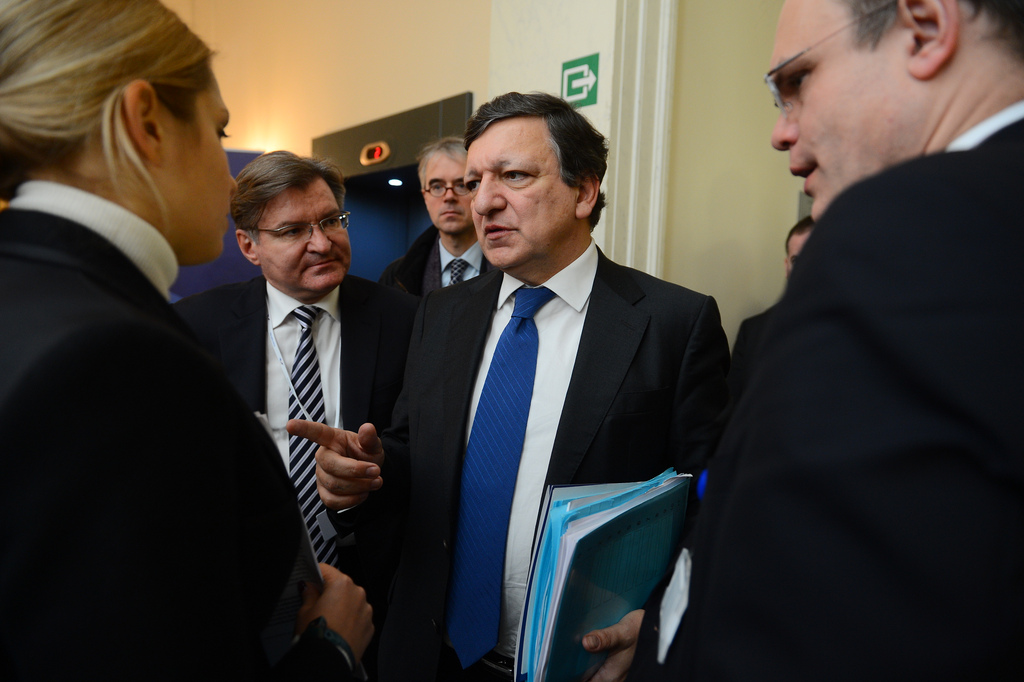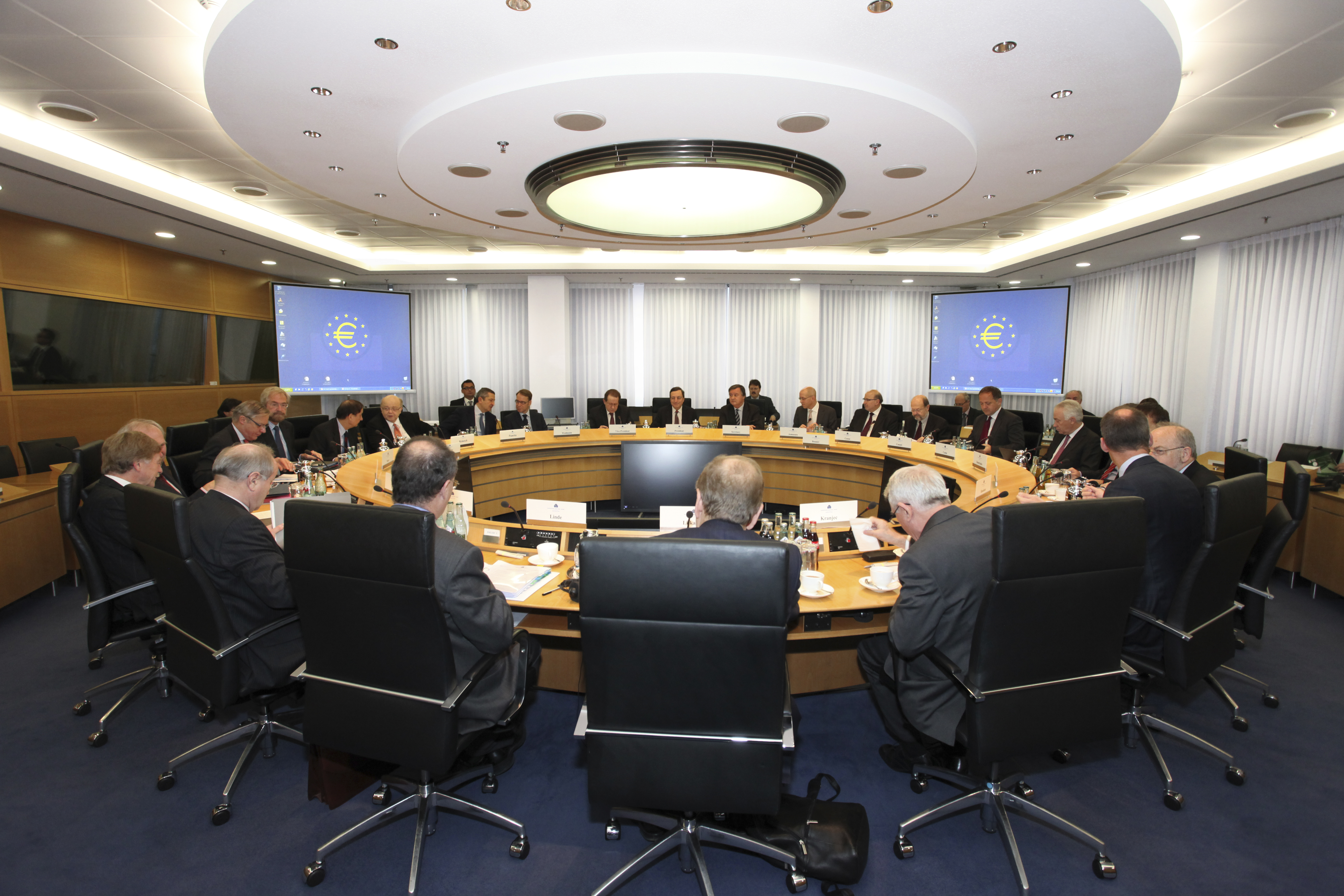Spanish institutions ignored 57% of access to information requests during 2013, the ‘year of transparency’
Helen Darbishire2018-11-13T10:11:53+01:00» Administrative silence increased with respect to 2012 despite the fact institutions should be working already to meet the requirements of the new law » Only 13% of requests received the information asked for » Whilst Spanish Autonomous Communities were better at responding, municipalities and other local levels ignored 81% of requests made – an increase of more than 11% compared to the previous year » Access Info Europe and Fundación Ciudadana Civio present the Tuderechoasaber.es Report 2013, analysing access to information requests sent to Spanish institutions Madrid, 9 April 2014 – In 2013, the year the Spanish Transparency Law

